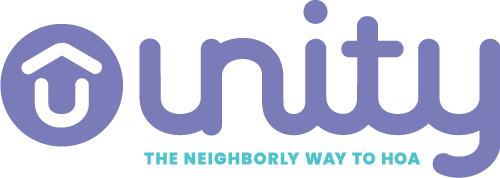As the sunny days of summer beckon, it's crucial to recognize that the upkeep of a community pool demands year-round attention. Not only does a pool enhance property values, but it also serves as a cherished sanctuary for families and individuals alike. From providing a space for children to frolic in the sun to offering adults a venue for exercise and socialization, the community pool stands as a unifying element within the neighborhood.
Building a Lasting Relationship with your Vendor
Ensuring the seamless operation of a community pool is a joint responsibility shared by the HOA and the management company. Establishing a robust partnership with the pool vendor is paramount. This proactive approach allows for preemptive problem-solving and prevents last-minute decisions that could compromise safety and functionality. Early engagement in maintenance tasks is essential to sidestep any potential issues before the summer rush.
Transparent Communication
Transparent communication with the pool company is key to streamlining operations. Initiate the vendor selection process well in advance to thoroughly assess potential partners. Utilize community communication channels to keep residents informed about pool closures and updates. Clear contracts outlining responsibilities, expectations, and financial arrangements are vital for effective management. When everyone is informed and aligned, the pool season flows smoothly.
Create a Strong Pool Policy
Going hand in hand with ensuring smooth operations, the safety of the residents is of the utmost importance. Which is why we urge community members to create a strong pool policy. Here are some ideas as to what should be included:
Proper Swim attire must be worn.
No alcohol
No glass
No smoking or vaping
Keep electrical devices away from pool
No swimming during certain weather conditions
Guest policy: Needs to be specific
Age policy: What age can a teen swim or enter the area without an adult/guardian?
Entrance Requirements: Must have working pool card or proper ID to reflect homeowners address.
Cleaning Up
Hours of Operations
Collaborate with legal professionals and your management company to draft comprehensive policies that prioritize resident safety while fostering an enjoyable pool experience for all.
In conclusion, proactive preparation and transparent communication are the cornerstones of a successful community pool season. By building strong partnerships with vendors, establishing clear policies, and fostering transparent communication channels, HOAs and management companies can ensure a safe, enjoyable, and memorable summer for all residents. Let's dive into summer with confidence and make a splash in our community pool!



